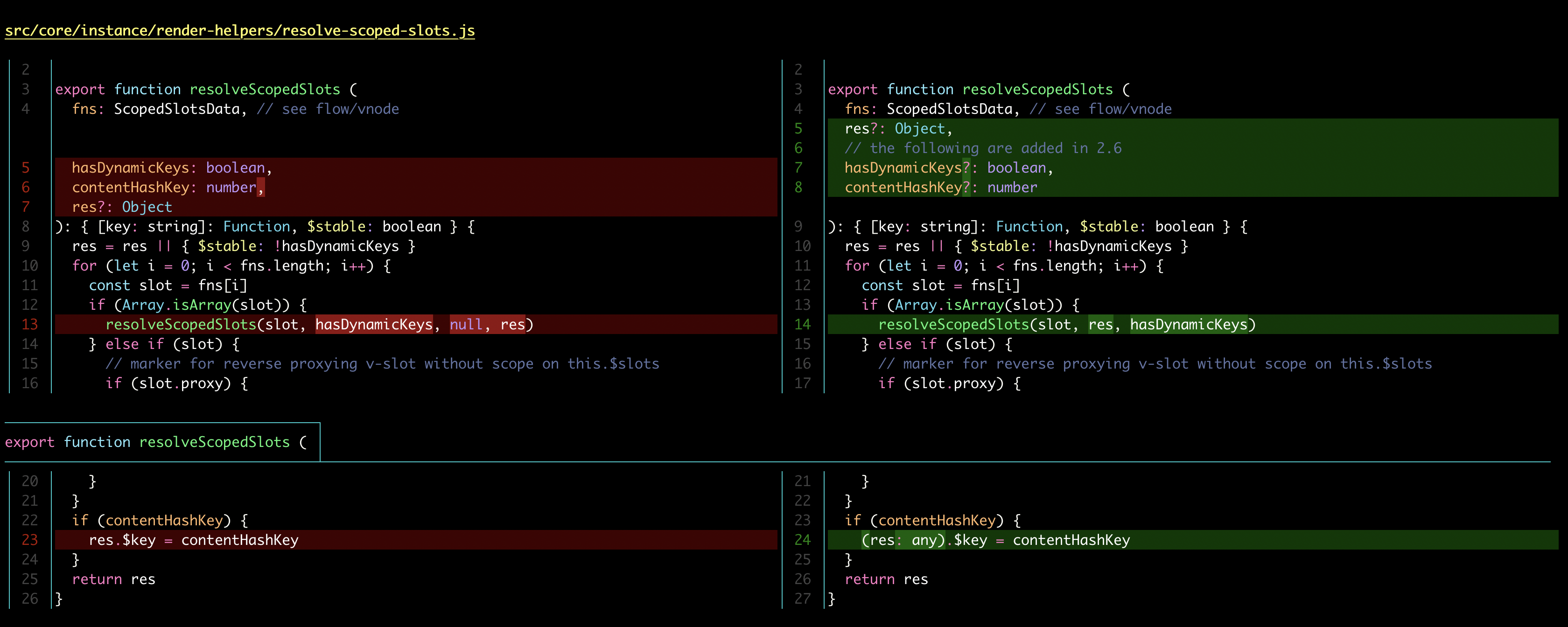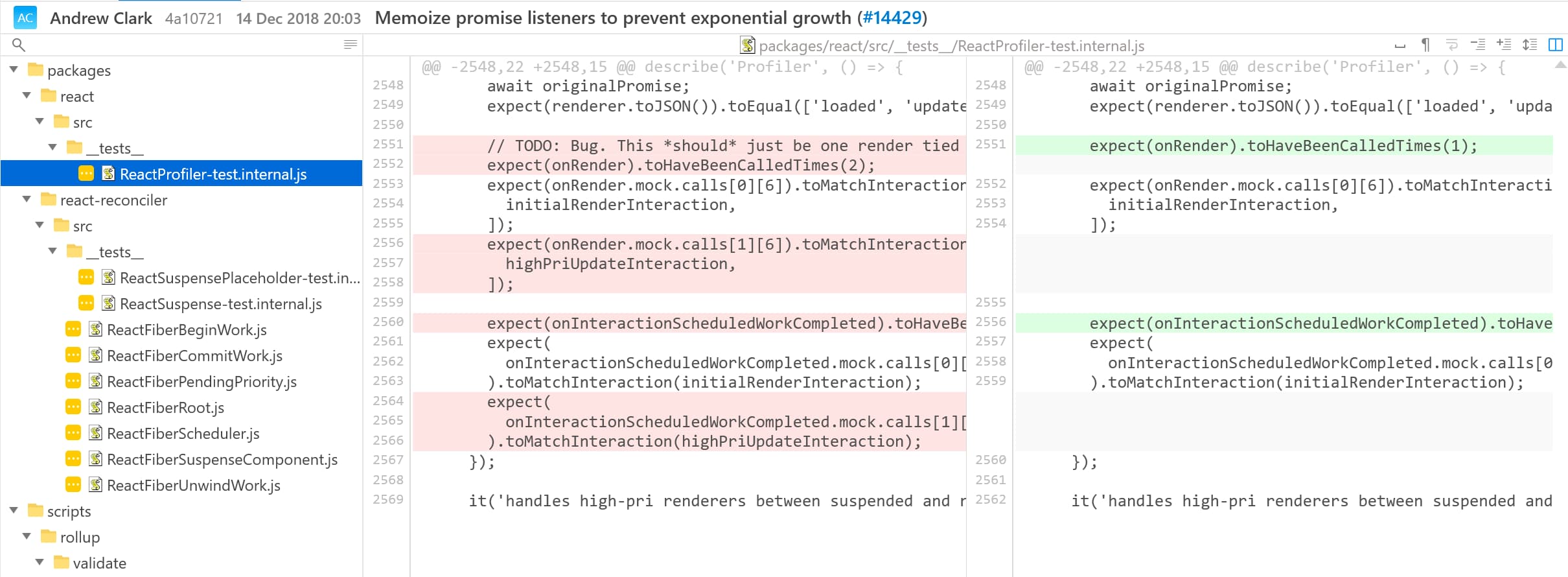
Once the changes are added to Git or moved to staging, you will not be able to see the diff of the files. This will output the modifications of the current branch to the mentioned branch to its previous committed state. This will output the changes of that current file to its previous committed state. This command will output all the modified changes which are not added to git or staged. The common use cases of git diff commands are listed below. The data sources can be two different branches, commits, files, etc. Git diff is a command used to output the changes between two sources inside the git repository. Take a look at some Github best practices here. We will assume that you have already cloned/obtained a copy of the project in your local repository and have pulled the latest changes so you’re not working on an older version of the project.
#Macos git diff how to
Let’s learn more about various Git Diff commands and how to create / apply a patch with the help of git diff and git apply. There are different ways to apply Git patch. These patches are then examined and tested by the module maintainer and applied if found beneficial. If you are a regular contributor to the Drupal project, you should know that to fix an issue in Drupal core or contributed modules, you need to submit a patch to an issue in the issues queue. Different types of patches include bug fixes, security vulnerability fixes, performance enhancements, styling fixes, etc.

#Macos git diff code
They are small pieces of code that are added on top of already existing code files to support it or to fix any issues.

If you’re a Drupal developer, you should be familiar with patches already. Git replaced a long-time version control partner – CVS – in early 2011 and became every Drupal contributor’s favorite tool for its security, distributed nature, agile workflow and of course, being opensource! With Drupal being an extremely collaborative opensource content management framework, a trackable, transparent and distributed version control system like Git is a perfect fit. Git has been a reliable version control tool for a large number of closed and opensource projects.


 0 kommentar(er)
0 kommentar(er)
